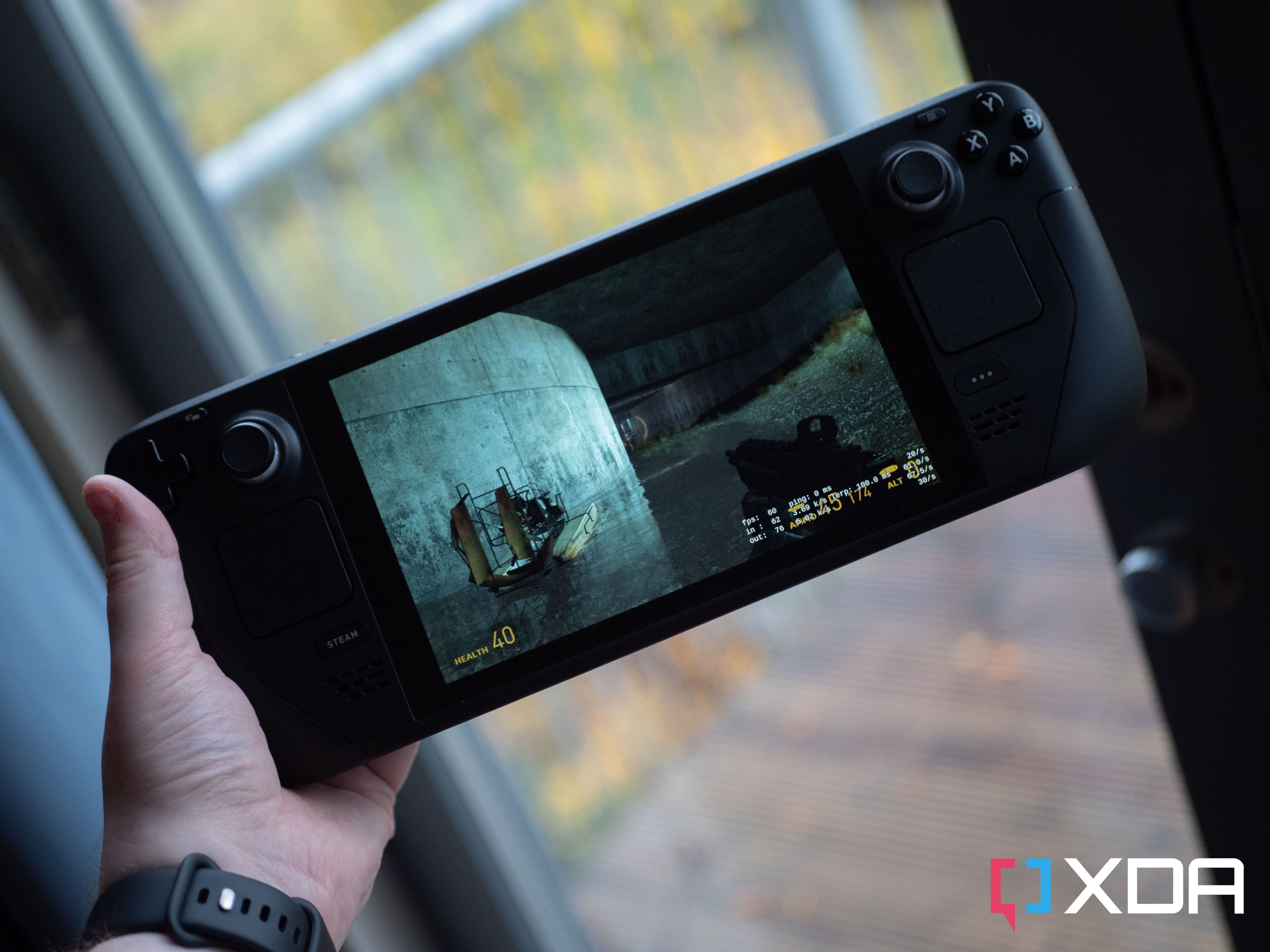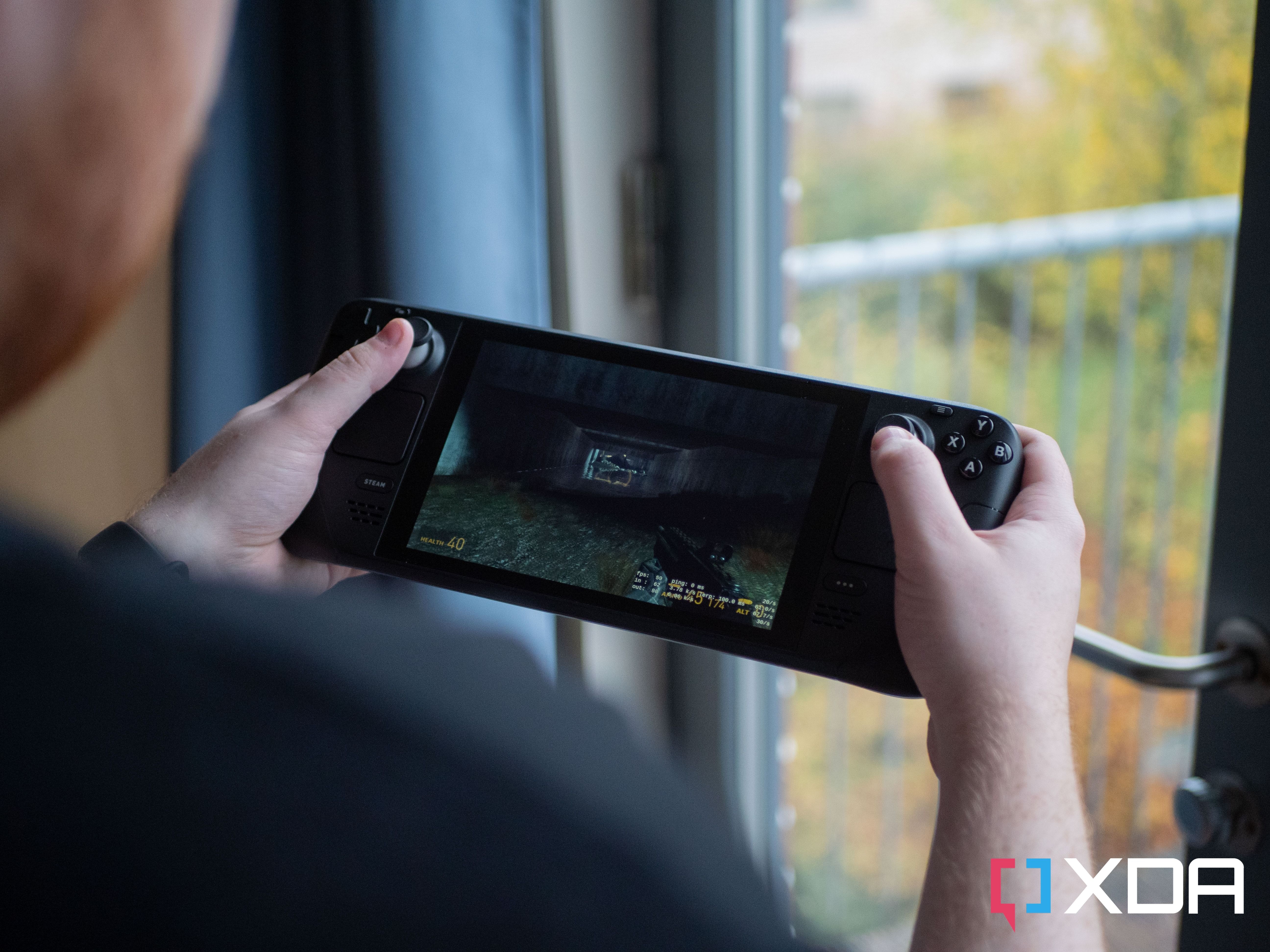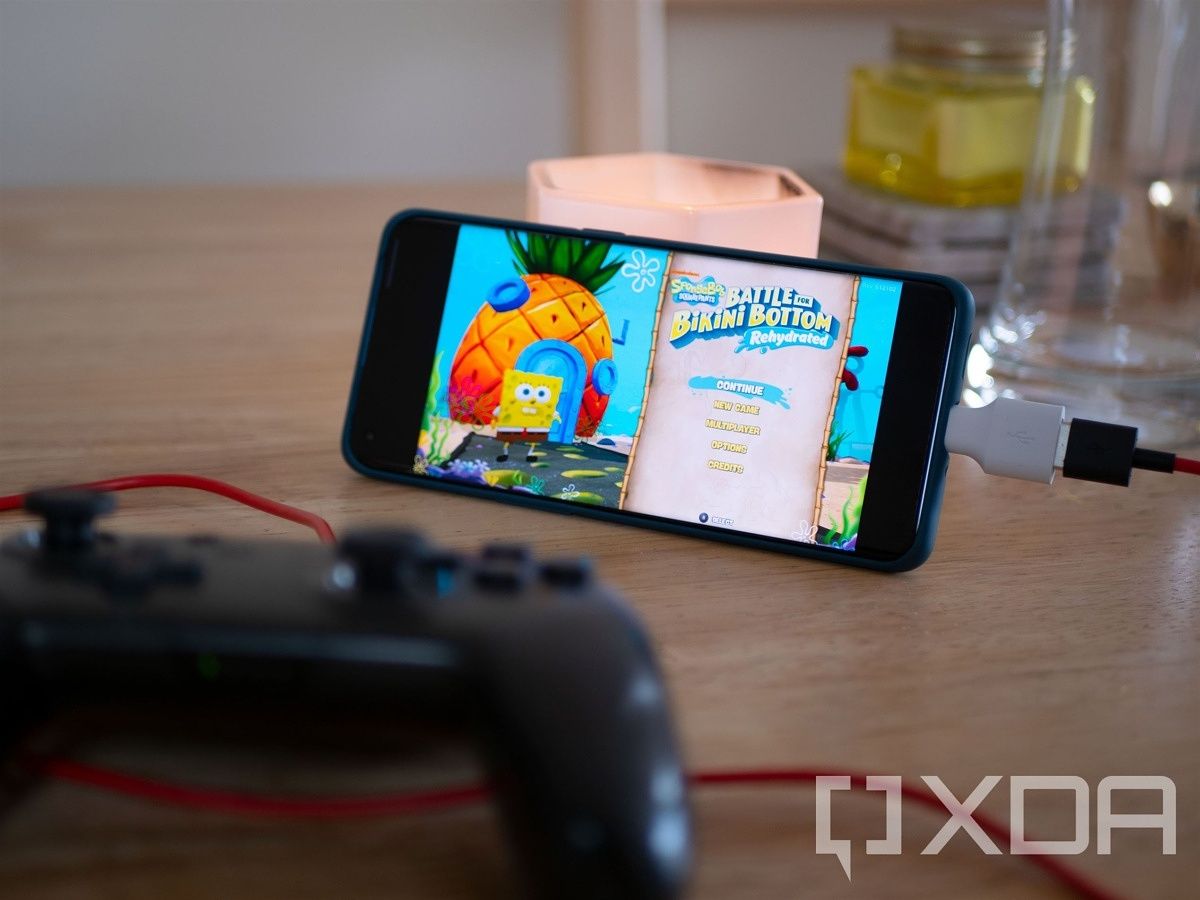The digital world is one of convenience, which is its largest appeal. We have the ability to have any media we want at our fingertips in seconds — music, movies, games, TV shows — all of it digitalized and mere seconds away if you have a fast enough internet connection. There's a big problem with digital ownership, though: it's not true ownership. Even worse, there isn't a lot you can do about it.
When you purchase a movie or a TV show online, you're not typically getting access to a file that you can store and keep forever. You're gaining access to a service that gatekeeps your access to that product to ensure you've paid for it. Sometimes services will let you cache those files to a device, but that can come with restrictions, and it still requires you to use a proprietary application to access them.
All of this has recently been highlighted by the recent closure of the Nintendo 3DS and Wii U eShop digital storefronts. Potentially up to 1,000 digital-only games will soon be entirely lost, which highlights the biggest flaw of digital ownership: It's yours, but only until the company hosting it decides that it doesn't want to anymore.
Digital ownership is a sales model used everywhere
When you purchase a game, where do your purchase it? If you're a PC gamer, you almost certainly purchase it on Steam. If you play on any of the most popular consoles, then you have the option to get a physical copy, but plenty of people would rather buy their games digitally. What about music? Do you listen to music on a streaming service like Spotify or YouTube Music? For TV shows and movies, it's probably Netflix or Disney+.
No matter what, it's quite likely that you digitally "own" some media. When those services are no longer around, you'll lose access to that media, and that's a problem for many people. It's a problem for conservationists, it's a problem for consumers who may one day lose access to their content, and it's a problem for creators who would no longer be able to distribute their work in the future. You aren't paying to own the content, you're paying for a license to legally consume it.
As more digital ownership mediums are launched, we'll undoubtedly read more stories of people being locked out of their accounts where they have spent hundreds or even thousands on digital products.
As an argument in favor of digital ownership, the total removal of content and prevention of redownloading it hasn't really happened yet. You can even still download your older purchased titles from the Wii Shop Channel today (though there were a few months of downtime), and you can download games on the 3DS and Wii U eShop. Even when Alan Wake was removed from Steam due to music licensing issues, you could still download the game if you had it in your library.
However, none of the above are guarantees, and in the case of game consoles especially, digital infrastructure costs time and money to maintain. It's going to be a tough sell to convince console manufacturers to maintain that older infrastructure, and if a few users are left, then it's likely no longer commercially viable for the company to continue to pay to maintain it.
Digital ownership is a natural phenomenon, but the future looks bleak
Taking into account that digital ownership has arisen primarily as a form of convenience, it's not surprising how popular it is. Buying media online and accessing it immediately is incredibly easy. To an older generation, it's nothing shy of magic. The problem is that because it's so new, we haven't seen the impact of what total digital ownership really looks like yet.
Services offering this kind of ownership are all relatively recent, and it could be decades until we see something genuinely catastrophic. Google Stadia gave us a brief glimpse at what that future can look like, and at the very least, Google did refund every purchase made when it shut down earlier this year. It's a somewhat murky question whether or not the company would have been obligated to dispense refunds, but it's clear the company could absolutely have chosen not to and then tried to fight it.
For example, imagine if Valve went bankrupt and both Steam and the Steam Deck were no longer functional. Imagine not being able to play anything in your game library. That is an extremely unlikely scenario, but if the thought of that happening worries you, you should know that anxiety is caused by digital ownership as a concept. And it's still possible; violating Valve's ToS means the company can revoke access to not just your Steam account but every game you own.
And think about the idea of video streaming services like HBO Max (now Max) removing whole shows. Some of them have landed on competing platforms, but without that, many could disappear everywhere outside pirating.
But what can we do?
As for what we can actually do about it, it's hard to say. It's clear that digital ownership is, in a lot of situations, simply superior. However, owning a license to play any of your great Steam Deck games or watch the movies that you've purchased (and not actual ownership of the product itself) is daunting, particularly as that access can be revoked at any time.
This problem will only grow as years go by, and as more digital ownership mediums are launched, we'll undoubtedly read more stories of people being locked out of their accounts where they have spent hundreds or even thousands on digital products. Worse still, it's not really clear what the solution would even be — if there even is one.



